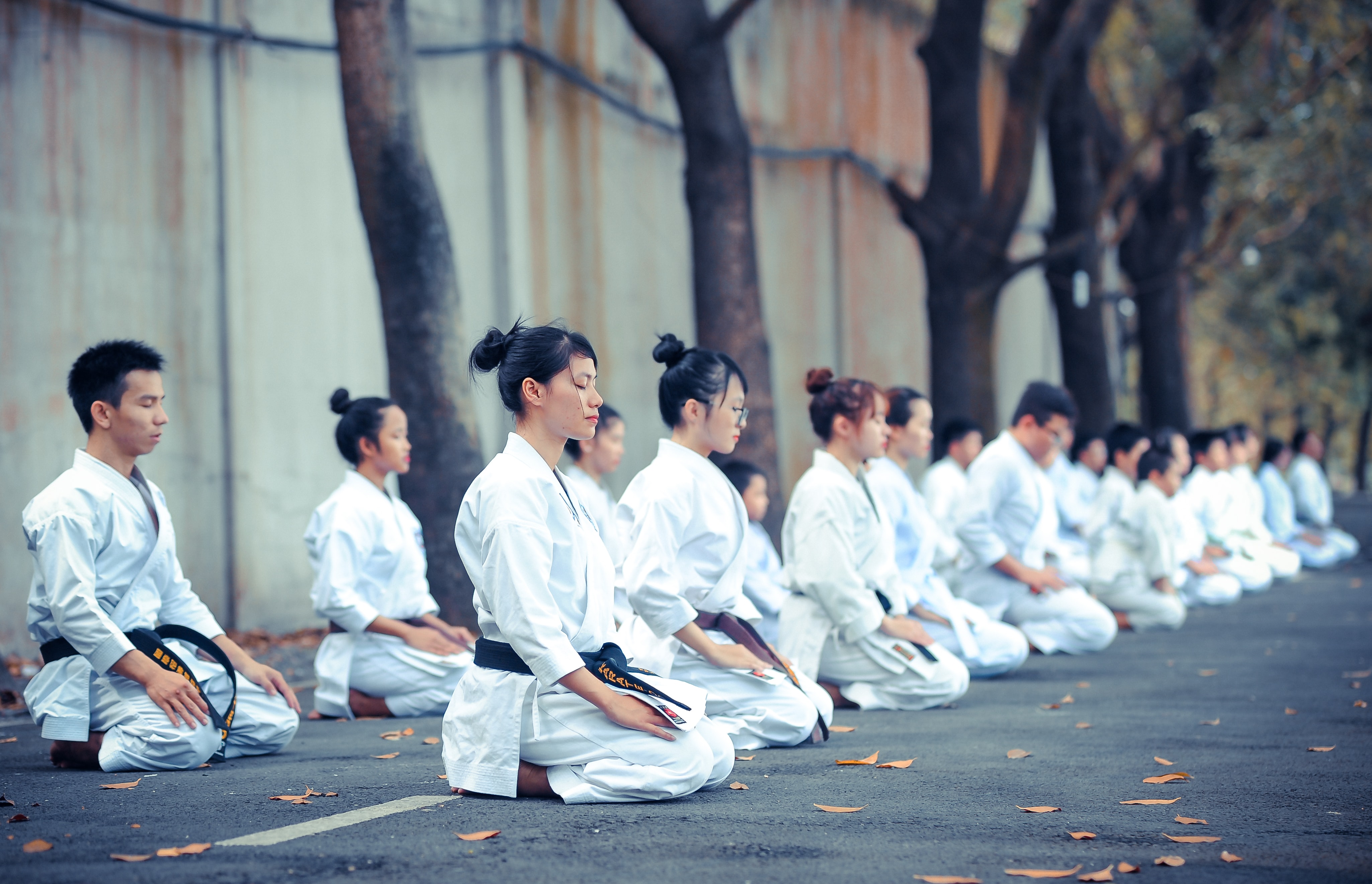Six Ways to Be a More Disciplined Person
This morning I woke up feeling run down and unmotivated. It was cold, dark, and rainy outside and all I wanted to do was stay curled up under my warm blanket and sleep.
But I denied those inclinations. I got up, read, prayed, and exercised. And now, several hours later, my body feels strong, my mind is focused, and my spirit is renewed.
What might you be missing in life by not being more disciplined? Higher energy? Increased capacity? Achieving your goals?
Maybe you used to be more disciplined, but your life circumstances have changed…the birth of a child, a new job, a difficult project, changes in your health. Perhaps now is the time to reclaim the discipline that will allow you to experience the long-term benefits you’re wanting!
Regardless of personality or preferences, most people could be more disciplined. But it requires accepting more short-term limits for the long-term benefit. It’s hard to accept limits and discomfort, and that’s why it’s really hard to be disciplined.
But you can do it. These six strategies might help you develop the discipline that you desire to live a fuller and more meaningful life.
1. Start with 7 + 1.5: 7 hours of quality sleep followed by 1.5 hours of the most important activities for your well-being. This is the birthplace of discipline, and you can usually do it when others aren’t demanding your time.
According to the American Academy of Sleep Medicine and the Stanford Sleep Center, adults need 7-9 hours of quality sleep for sustainable well-being. Quality sleep means you stop looking at screens at least 30 minutes before falling asleep and stop eating and drinking anything except water.
After seven quality hours of sleep, the first 1.5 hours awake are essential for starting your day right. That means you need to back up your bedtime to allow for an uninterrupted 1.5 hours after you wake up. Everything else in your day is built around this. Even if you’re not a morning person, for most people, this is the time of day when your brain is most vigilant and your schedule is open to doing what’s necessary to be psychically, emotionally, mentally, and spiritually healthy.
2. Habit stack. James Clear popularized this concept, which entails layering activities one after another to build momentum into the next. My 1.5-hour morning habit stack looks like this: Put on exercise clothes, brush teeth, feed the dog, read, pray, exercise, walk the dog, read the news, shower, empty the dishwasher, set up breakfast for the family.
The dog is always fed after I brush my teeth. I always read the news after I walk the dog. That’s how I maintain the discipline to do it. If I start debating or negotiating any of those items, the entire stack loses integrity. Everything becomes negotiable. The lesson: Hit every layer of the stack.
3. Veto immediately. In his book Your Brain at Work, Dr. David Rock explains that the “braking system” for human temptation resides in the ventrolateral prefrontal cortex (VLPFC). Get to know this part of your body because it’s the seat of discipline. Every time you use it, its power is reduced exponentially.
Every time you hit the snooze button, you weaken the useful value of the VLPFC and make it harder to maintain discipline. Every time you negotiate with yourself about whether to eat that late night brownie, you make it harder for the VLPFC to keep you from giving in. Veto the choice immediately, because you can’t rationalize, negotiate, or reason with yourself. Your less disciplined self will almost always win!
4. Identify with being disciplined. Today someone said to me, “I’m not a runner. I just try to run when I can.” Well, that’s a sure way to never become one!
We realize what we identify with. Our actions conform to our identity. As I explained to my son after he’d started a weight-lifting regimen, starting a fitness routine isn’t nearly as hard as sustaining one. The key to sustaining it isn’t to will yourself to do it, it’s to say to yourself and others that it’s simply part of who you are. Not doing it literally wouldn’t make sense.
Part of my morning 1.5 time is to remind myself who I am. I repeat mantras that will drive my behavior for the day. For example, I repeat a few words that remind me that I’m disciplined and not entitled, that I’m loving not afraid.
5. Release the discipline. To be fully human and fully present, discipline can’t be an “always on” thing. There needs to be time where limits recede (though not completely), you eat what you want (within reason), and you do what you want (assuming it’s legal and doesn’t cause harm).
To solidify this, some faith traditions have a period of rest, which is designed to recede the striving and the limits, to just enjoy. This time can exist throughout the day, every day, or during certain blocks of time each week. I do it on Sundays.
6. Hang with disciplined people. Show me your friends and I’ll show you your future, as the saying goes. Disciplined people remind you of who you want to be and encourage you when you’re not. Whether it’s a group fitness class at your gym, a neighborhood book club, or a couple of close friends on a group text thread, surround yourself with people that will ask you, “Did you get up and ___________ even though it was cold, dark and rainy this morning?”
You have untapped discipline that will lead you to greater energy, impact, and joy. Embrace a growth mindset rather than dismissing more discipline as “too intense” or “too optimistic.”
I may not know how many times you’ve tried to be disciplined or how hard it is in your situation. But I do know that applying these six ideas will help.
Where will you start?










Comments are closed here.